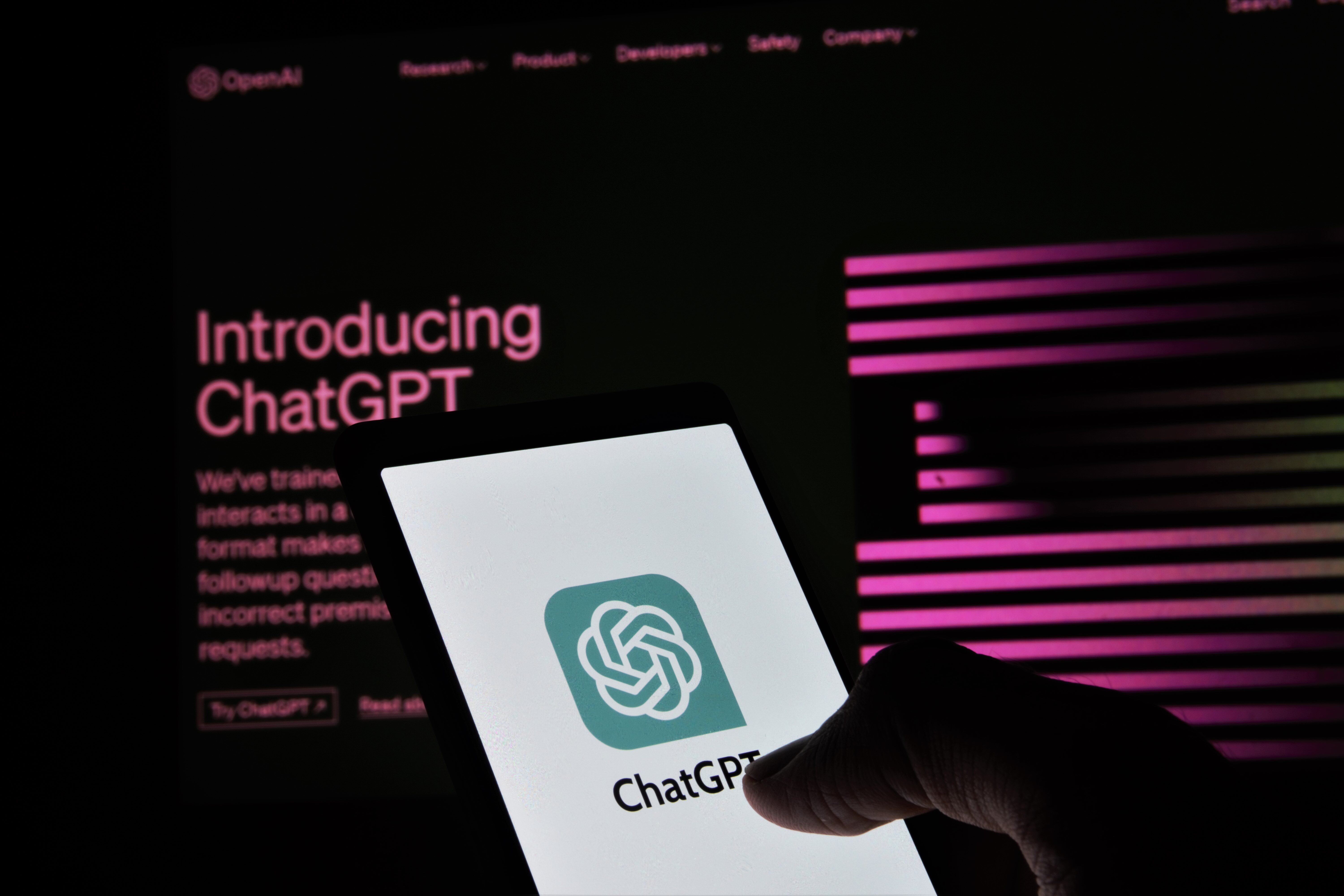In the ever-evolving landscape of technology, artificial intelligence (AI) has carved a significant niche for itself in political campaigns and elections. The potential of AI-generated content, particularly images, in shaping the narrative of political discourse is a matter of grave concern. As we stand on the cusp of the 2024 U.S Presidential Election and the 2025 Norwegian Parliamentary Election, the Norwegian government is grappling with the question of how to regulate AI in political campaigns.
A Bold Proposal
The Norwegian government has proposed a bold step - the implementation of a law that would ban all use of AI in political campaigns. This prohibition would encompass not only AI-generated text but also images, sound, and video. Such a sweeping measure underscores the growing apprehension regarding the ethical use of AI in the realm of politics.
The question that now looms large is whether this proposed law should be implemented or not. This decision holds profound implications for both the political landscape and the technology industry.
Pros & Cons
Prohibiting AI in political campaigns may promote a more level playing field for candidates and parties by reducing the advantage of well-funded campaigns, ensuring that elections are decided by the strength of ideas rather than financial resources. Additionally, people may gain more trust in the media, knowing that AI is out of the picture
However, critics argue that such a ban could inadvertently infringe on freedom of expression and freedom of the press. Laws dealing with AI-generated content can face challenges in defining what constitutes “fake news”. It can also be difficult to navigate this issue given the global nature of the internet.
Implementation
If implemented, the Norwegian government’s proposal would explicitly prohibit the use of AI-generated audio/visual content to spread false or misleading information with the intent to interfere in elections or undermine Norway´s democratic process. The law would define specific penalties for violations including fines, content removal or legal action against individuals and/or organizations that are guilty of such activities. The proposal mandates that AI-generated content used in all election-related activities be clearly labeled as such. It also mandates that AI tools used to generate deepfakes have embedded metadata or watermarks for credibility checks. An independent oversight body would be established to monitor compliance. Periodic reviews of this law would be conducted to assess its effectiveness and adapt it to evolving AI technology.
Social media platforms would be mandated to have a reporting mechanism that allows users to flag suspected AI-generated fake news. Tech companies would be incentivized to develop tools to detect deepfakes more accurately. Laws dealing with AI-generated content can face challenges in defining what constitutes “fake news”. It can also be difficult to navigate this issue given the global nature of the internet.

